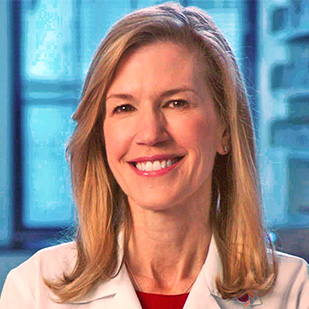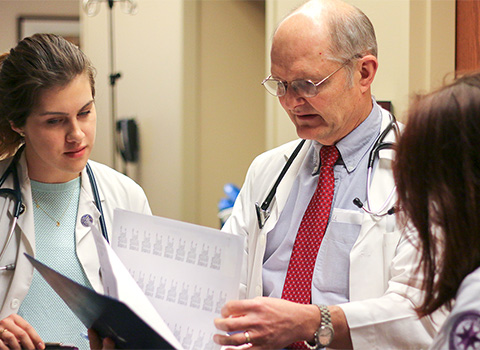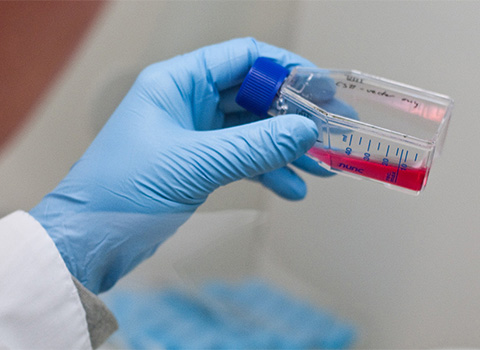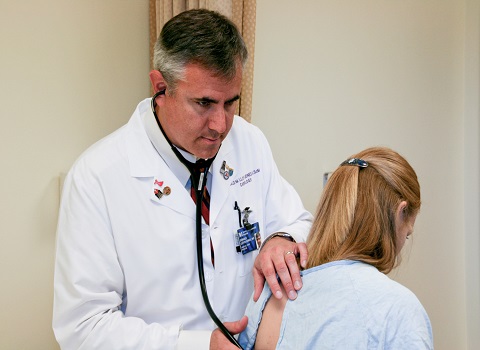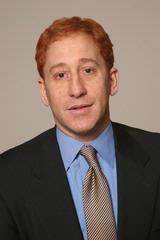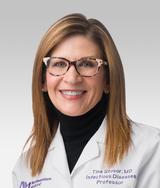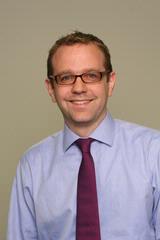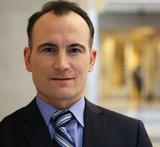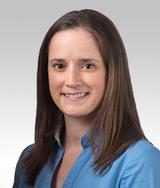Department of Medicine
About UsDedicated to the future of care
The Department of Medicine provides residents with a thorough, broad-based education while giving patients individualized care through Feinberg-affiliated hospitals and care sites and conducting high-level basic and clinical research through our 12 specialized internal medicine divisions.
The unique culture at the Department of Medicine is built on its rich history of research and clinical innovation embedded in an exceptional clinical environment, driven by faculty and staff whose commitment and talent create patient care improvements through scientific advance.
These extraordinary strengths allow the Department to adapt to tremendous challenges and opportunities that are arising in healthcare. We have seen more change over recent years than in many preceding decades. As each of us contributes to expanding what we can achieve, we are driven by the same core mission: Patients First.”
